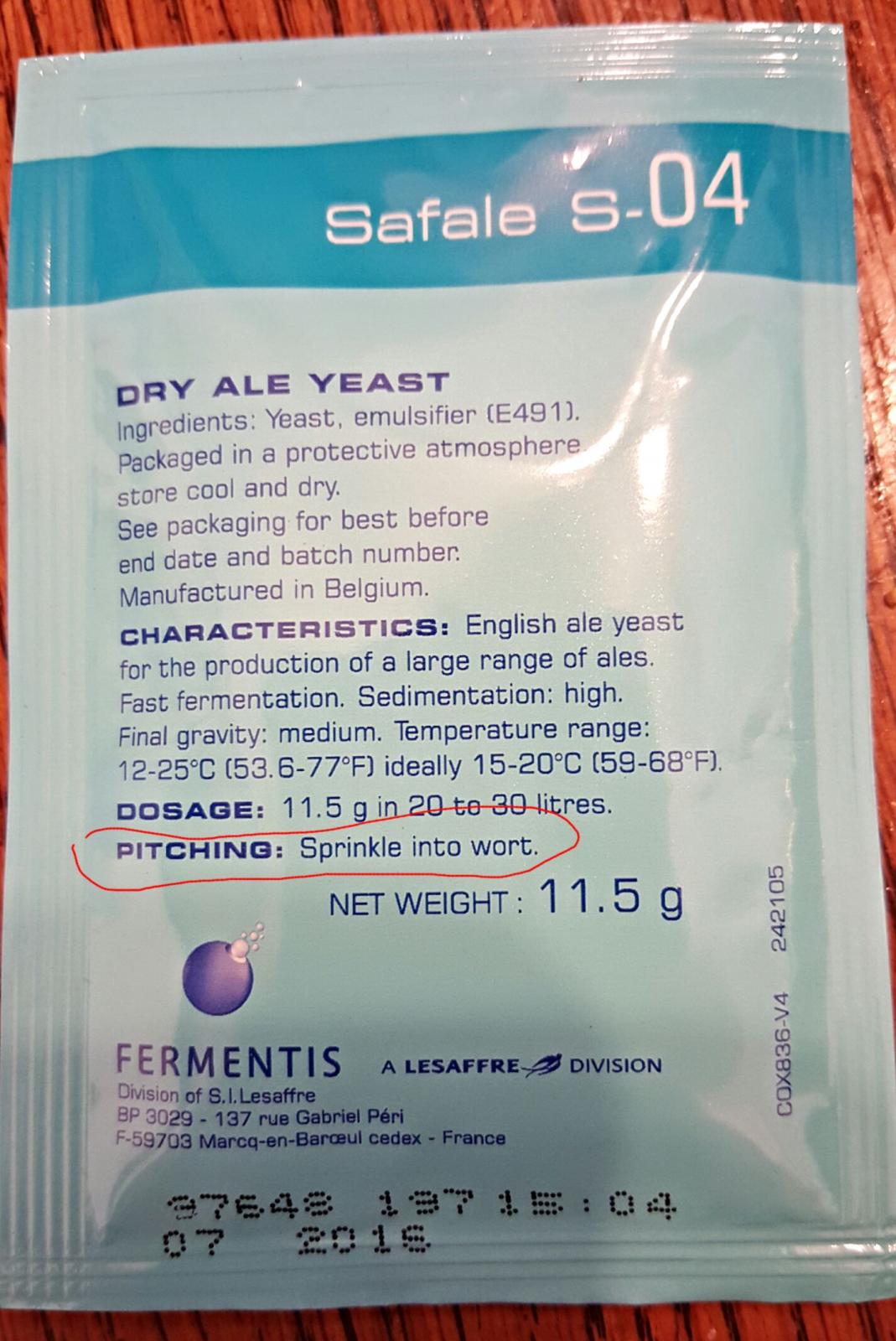No, you were the guy who came out and said the OP was too big a n00b to realize that his beer sucks because he didn't rehydrate his dry yeast.
Yes, I, and others, said that just because someone is making good beer doesn't mean they are making the best beer. Nowhere did I ever say that his beer sucks. But you lost this round of the debate, so now you're lashing out. Very grown up of you. Everyone wants to talk about how the yeast manufacturers say that people can just pitch dry, but those same manufacturers also say that to get the optimum use out of the yeast, they should be rehydrated first.



